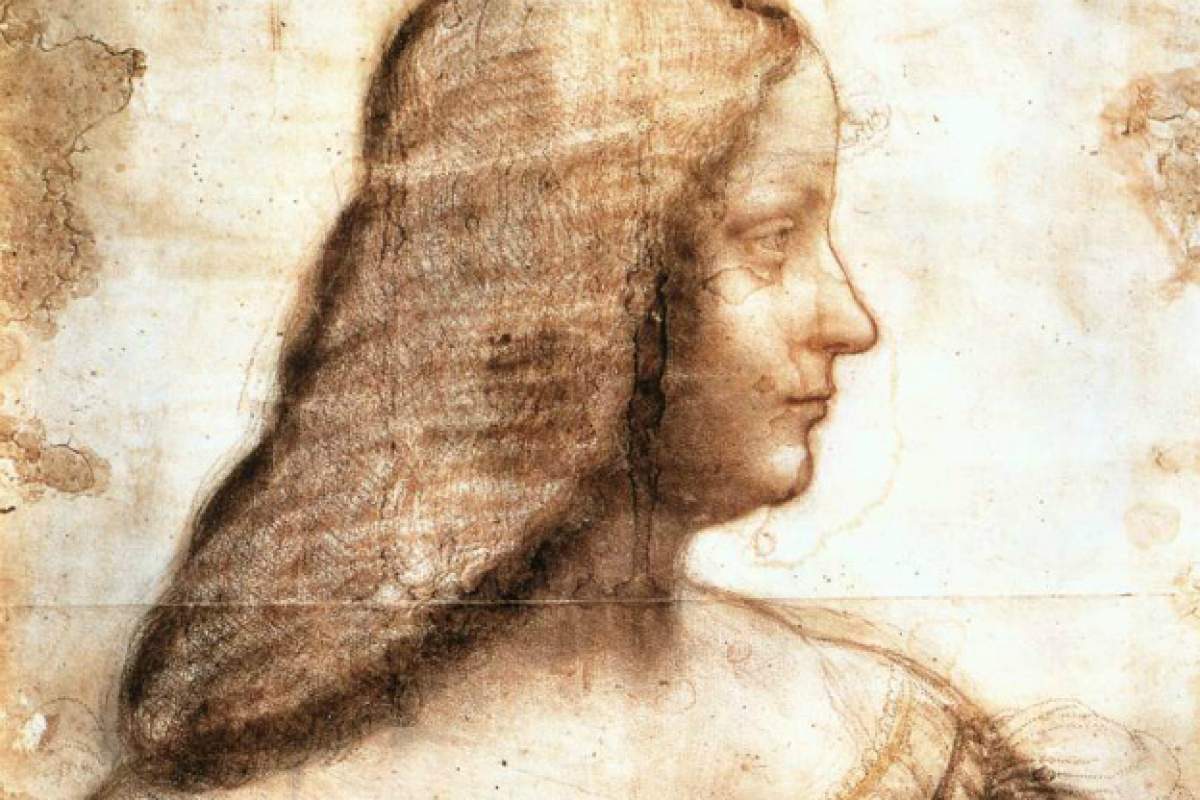
In March, Italian religious leader Angela Merici was born. It is likely that events from her tragic and tumultuous childhood compelled her to become a nun in early adulthood. Orphaned at the age of ten, she and her older sister Giana Maria were sent to reside with their uncle. Not long after, Giana Maria suddenly died without receiving last rites. Heartbroken, Merici joined the Third Order of St. Francis and prayed fervently for her deceased sister's soul. Throughout the remainder of her life, Merici worked for better Christian educational opportunities for girls. She established two schools for girls in Desenzano and Brescia, and in 1535 she founded the Order of Ursulines. Legend tells of her travels to the Holy Land, during which she was struck blind but relieved by prayer.
Italian poet Ludovico Ariosto, author of the epic poem Orlando Furioso, was born in September 1474. At first, Ariosto's path to success seemed regularly thwarted. As the oldest child in his family, he was obligated to study law, rather than pursue his love of literature and poetry. Regardless, Ariosto found time to compose comedies and lyrical works. His efforts eventually attracted the attention of Cardinal Ippolito d'Este, who became Ariosto's patron and invited him to reside at the house of d'Este. According to the poet, this period of service was one of exploitation and poor compensation. When dismissed by the cardinal, Ariosto worked for his brother Alfonso. Ariosto met better treatment and, by that time, had secured a reputation as a gifted writer and competent statesman.
Also born in 1474 was Isabella d'Este—a woman of renowned learning and a formidable leader, who inspired a generation of artists. Isabella was a precocious child who could recall entire works by Greek authors. She also regularly debated principles of governance while traveling between Naples and Mantua. This breadth of knowledge became invaluable when Isabella's husband, Francesco Gonzaga, was captured by Venetian forces in 1509. Isabella took command of Mantua's armies and saw to the city's protection until her husband's release. When Gonzaga returned, knowledge of his wife's competence made him jealous. Following marital discord, Isabella found herself free to travel and live independently. She did so until her husband's death in 1519.
Finally, 1474 marks the year of Guillaume Dufay's death. The composer is well known for his command of isorhythm, his extensive use of fauxbourdon (false base), and the influence he held over future generations of Franco-Flemish composers. Less well known is Dufay’s purported role as music theorist. 19th century musicologist François-Joseph Fétis reported seeing a 16th century copy of Dufay's treatise on musical meter in a London bookshop. Since then, however, no evidence of Dufay's theoretical writing has been found.









